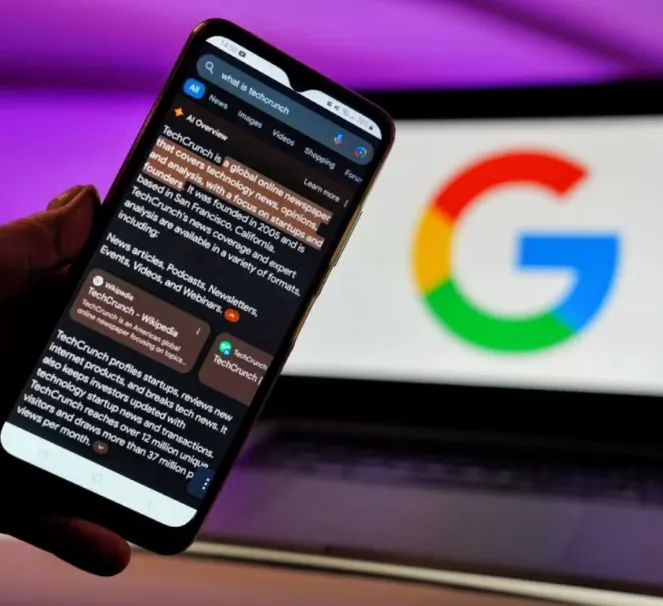Google is reportedly paying certain news outlets to promote AI-generated articles as part of an effort to enhance its upcoming AI model. This development has ignited discussions regarding journalistic ethics and the transparency of such practices.
According to a recent report by AdWeek, Google has partnered with a number of publishers to feature AI-driven content using tools provided by the tech giant. These publishers are set to receive a monthly payment, amounting to a significant sum over the course of a year, in exchange for publishing AI-generated material.
This initiative is said to be linked to Google’s ongoing News Initiative, which aims to support smaller publishers in creating aggregated content from various sources, including government data and local news outlets.
Concerns Over Google’s Approach
However, Google’s approach has raised a number of red flags. Reports indicate that participating publishers may be required to compile lists of external websites that consistently provide content relevant to their audiences. Furthermore, there are claims that some publishers have been signed on without their explicit consent, with data being scraped without prior notice.
In addition, while Google doesn’t mandate publishers to label the content as AI-generated, they are still expected to meet certain targets—such as publishing three articles per day, sending out a weekly newsletter, and running a weekly marketing campaign.
Although Google has confirmed parts of the report, the company denies that its AI tools will use data from external news outlets. The new AI tool, which was revealed earlier this month, is still in the testing phase, and details on which publications are participating have not been disclosed.
Google CEO’s Response to AI Controversy
Amid growing scrutiny over the company’s AI efforts, Google CEO Sundar Pichai addressed some of the challenges the company has faced with its AI tools, particularly with the Gemini image-generation feature. This tool, which allows users to generate images based on text prompts, came under fire after users pointed out historical inaccuracies in the images it produced.
In an internal memo, Pichai acknowledged the issues, calling them “problematic” and admitting that the feature had caused offense and displayed bias. He emphasized that such issues are unacceptable and assured that the company is committed to making improvements.
In response to the backlash, Google took the Gemini feature offline to conduct further testing and address the concerns raised. Pichai noted that the company’s teams are actively working on necessary changes, and the feature is expected to return after adjustments are made.
Conclusion
Google’s recent move to pay publishers for AI-generated content, along with the controversies surrounding its AI tools, has sparked important conversations about the future of journalism and AI in content creation. As the company works to refine its technology, it remains to be seen how these developments will impact the media industry in the long term.





